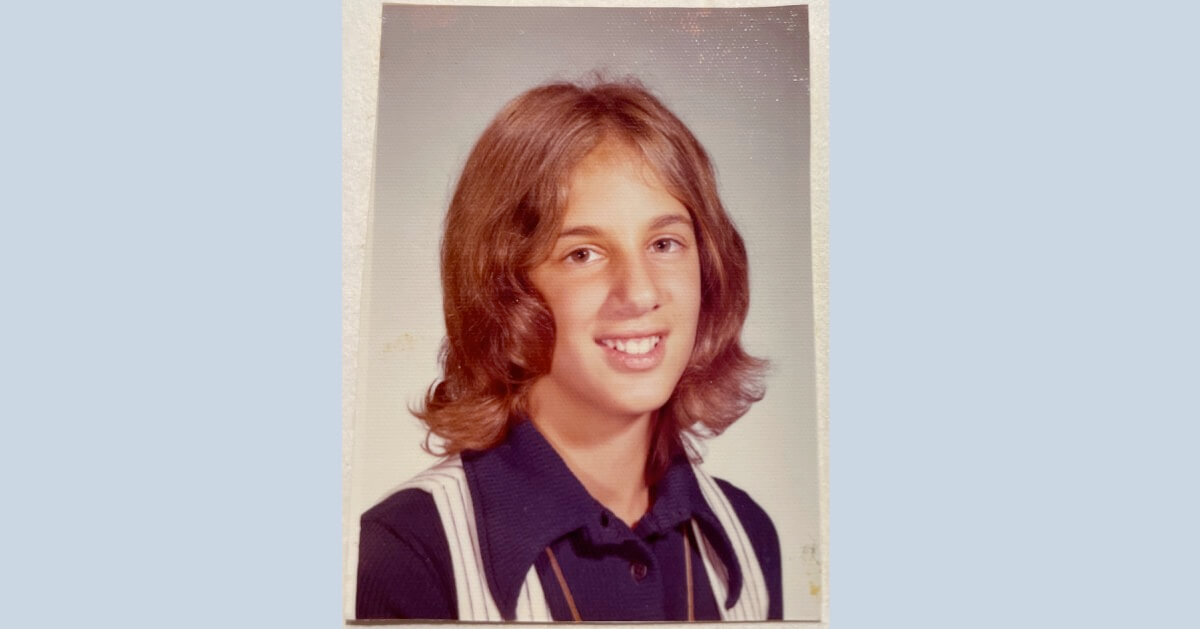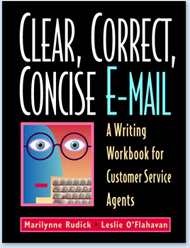This is me in 1973 when the Supreme Court handed down the Roe v. Wade decision. I was 13 years old. I’d been menstruating for less than a year.
To me, Roe was just another reason to believe grownups were making the US a better place to grow up female. Title IX had become law in 1972. The Equal Rights Amendment seemed likely to pass. I considered myself a feminist, and I had plenty of feminists to look up to: athletes (Billie Jean King and Nina Kuscsik), politicians (Shirley Chisholm and Pat Schroeder), writers (Betty Friedan and Gloria Steinem), civil rights leaders (Angela Davis and bell hooks), even TV actresses (Mary Tyler Moore and Bea Arthur) who portrayed women who worked.
Over the nearly 50 years since this school photo was taken, sexism has been a part of my daily life. I (and every woman I know) have experienced all varieties of sexist comments, misogynist put-downs, unwelcome touching, exclusion from important decisions, and stolen credit for my ideas. There’s the sexism so insulting it renders you unable to speak, and there’s the tiresome, predictable sexism that wears you down like fine sandpaper.
How did I (and every woman I know) thrive in spite of this sexism? How did we construct fulfilling professional lives, start businesses, have families, and live in our own power? We rejected sexism even when we experienced it daily. We considered ourselves equal to anyone. We believed in our right to equal access, equal pay, and equal protection under the law. Without being naive, we believed our government and the Supreme Court had our back and that the course of history would bend toward equality.
Our government has forsaken women. I’m heartbroken and disgusted by the Supreme Court’s decision to overturn Roe v. Wade. As Justice Ginsburg said during her 1993 Senate confirmation hearings, “The decision whether or not to bear a child is central to a woman’s life, to her well-being and dignity. … When government controls that decision for her, she is being treated as less than a fully adult human responsible for her own choices.” In the eyes of our government, women are now less than fully adult human beings.
How will we endure? We will donate to organizations that improve access to abortion, and we will vote for candidates that support women’s essential right to choose abortion (which is healthcare). We will help our friends, neighbors, and women in need find and get to a safe place to have an abortion. We will raise our daughters and sons to understand that a woman’s dominion over her body is a fundamental human right.
We will support each other. This week, I am angry and sad. I feel despair about the state of our country and guilt for having let down today’s 13-year-olds (and their mothers). But above all, I feel profoundly connected to other women. Together, I hope we can turn the darkness of this week into bright resolve to create a better, fairer, safer future. If you’re feeling discouraged and I can help, please message me. I’ve been a feminist since 1973. I became a full-grown woman back when the Supreme Court upheld our right to choose.








Brava, Leslie! Rather than mourn, we mobilize. I’m having interesting conversations with clients about their (organizational) responses to this misstep toward fascist theocracy.
Thanks for your comment, Susan Price. I wish I could say that I am mobilizing rather than mourning. I’m doing both. Candidly, I am mourning more than mobilizing right now, but I hope to shift my emotional energy to action ASAP.
Awesome, Leslie! Aggravating as this is, I believe it will help us unite toward a stronger future. I’m with you!
Thank you for articulating how I’m feeling. You’re appreciated.
Thanks so much for your comments, Ashley and Joanna. Feeling solidarity with you is encouraging.
I just watched the documentary “The Janes” last night: https://www.hbo.com/movies/the-janes. It’s incredibly moving. Check it out.